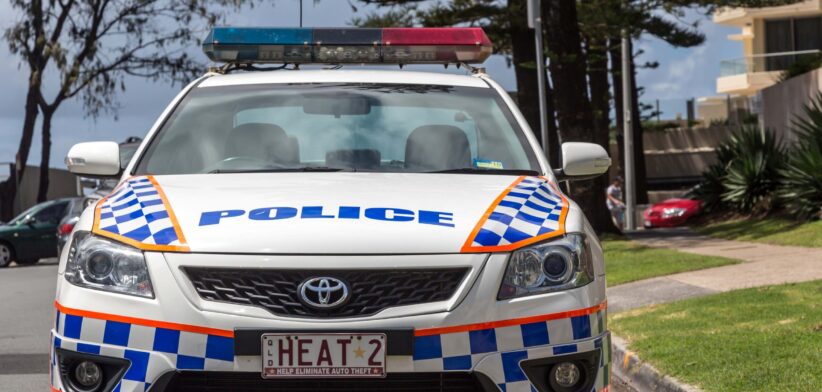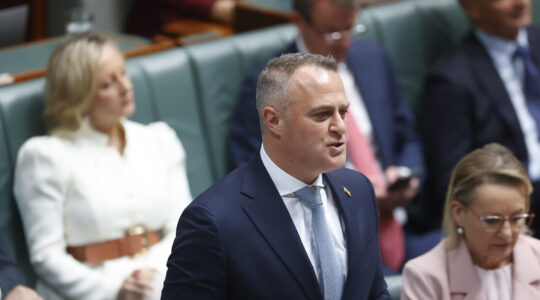Police will be accompanied by specialist community domestic violence practitioners in a trial co-response program in Cairns, in far north Queensland.
Relationships Australia Queensland has been awarded the first contract to partner with Queensland police in a new co-response model that will see the two services working together when responding to call outs to Domestic and Family Violence (DFV) incidents.
State Prevention of Domestic and Family Violence Minister Yvette D’Ath said the contract was part of a broader $22.9 million pilot program that runs until September 30, 2026.
Minister D’Ath said the partnership would allow a specialist DFV practitioner to provide immediate support to a victim, including counselling and work on a safety plan, as well as assisting police to identify the person most in need of protection.
“Specialist workers will also be able to assist police in gathering evidence and improving perpetrator accountability,” she said.
Minister D’Ath said the co-responder model involving joint responses from QPS and specialist DFV services was recommended by the Women’s Safety and Justice Taskforce in their first report, Hear her voice.
She said the trial aims to enhance victim-survivor safety and increase accountability of the person using violence and promote behaviour change to stop the violence.
It also aimed to reduce the misidentification of the person most in need of protection and strengthen knowledge sharing between the Queensland Police Service and DFV services.
Minister D’Ath said a second location was expected to start in late 2024 and it will be informed by the outcomes of the trial in Cairns.
Relationships Australia Queensland CEO Natasha Rae said this model would allow them to intervene early, identify the person in need of protection and increase the safety of victims and their children.
“We know that children’s exposure to parental conflict and violence in the home has long-term effects on their physical and emotional health, so it’s critical that we intervene as early as possible to minimise harm,” Ms Rae said.
“This is a real opportunity to stop the cycle of violence earlier, minimise the hugely detrimental impact of domestic and family violence on families, and avoid unnecessary contact with the Courts.”








